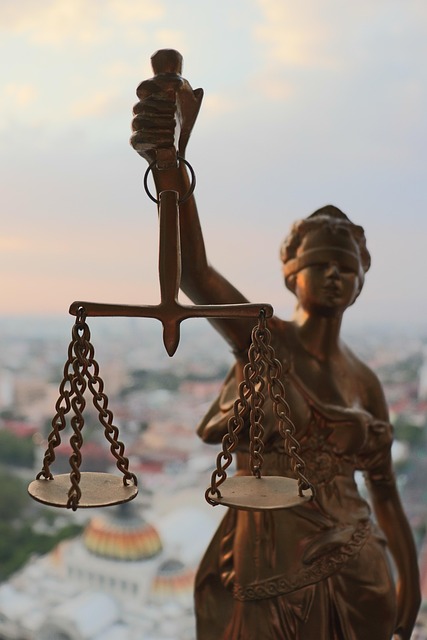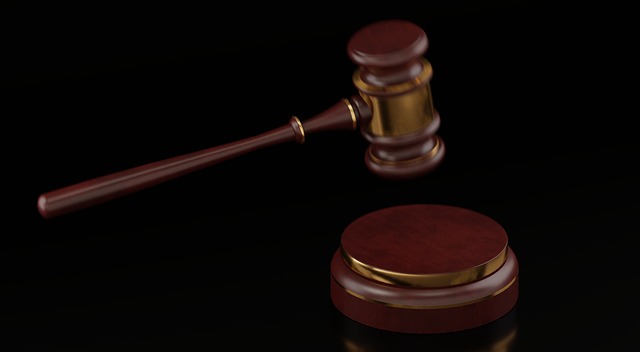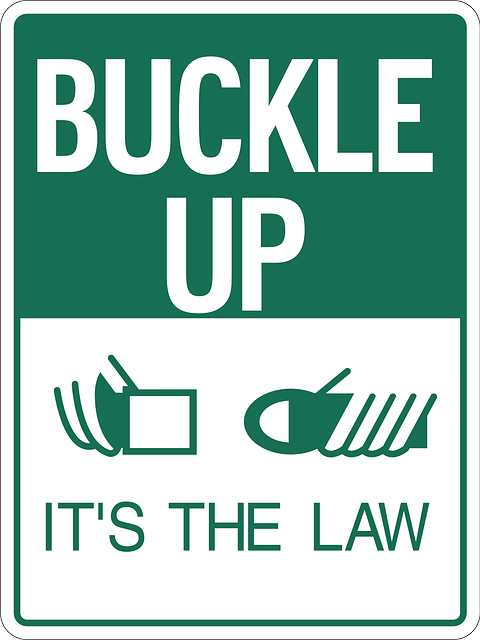Whistleblower protection laws safeguard individuals who report illegal activities within organizations, offering legal representation, compensation, and safe havens. In civil litigation for business partnership issues, these laws are instrumental in protecting whistleblowers from retaliation when exposing misconduct by former associates. This process allows truth-seeking, accountability, and justice without criminal charges, encouraging transparency and strengthening partnerships. Key elements include proving illegal activity discovery and good-faith reporting, while businesses must adopt strategic defenses, engage legal counsel early, and implement robust corporate governance policies to mitigate liability and enhance public trust.
“Whistleblower Protection Lawsuits: Navigating Legal Battles Arising from Business Partnerships
In today’s complex business landscape, partnerships can evolve into legal quagmires, especially when whistleblowing is involved. This article explores the intricate world of whistleblower protection lawsuits and their impact on business relationships. We delve into crucial aspects such as understanding foundational whistleblower laws, recognizing when partnership disputes escalate, and the role of civil litigation in resolving these conflicts.
For businesses, staying informed about key proof elements and strategic considerations is essential to mitigate risks associated with such legal challenges.”
- Understanding Whistleblower Protection Laws: A Foundation for Legal Action
- When Does a Business Partnership Turn into a Legal Battle?
- The Role of Civil Litigation in Resolving Partnership Disputes Related to Whistleblowing
- Key Elements to Prove in a Whistleblower Protection Lawsuit
- Strategies and Considerations for Businesses Facing Such Legal Challenges
Understanding Whistleblower Protection Laws: A Foundation for Legal Action

Whistleblower protection laws serve as a critical foundation for individuals who expose illegal or unethical activities within their organizations. These legal frameworks are designed to safeguard whistleblowers from potential retaliation, ensuring they can come forward with confidence. Understanding these laws is essential for navigating civil litigation involving business partnership issues, where whistleblowers may find themselves at odds with their former associates.
The protection extends beyond financial compensation; it encompasses various forms of support throughout all stages of the investigative and enforcement process. For his clients, this means accessing legal representation, securing safe havens, and receiving guidance on how to navigate the complexities of coming forward without fear. Furthermore, these laws foster a culture of accountability within philanthropic and political communities by encouraging individuals to report wrongdoings without concern for personal risk.
When Does a Business Partnership Turn into a Legal Battle?

When a business partnership becomes strained, it can sometimes escalate into complex legal battles, particularly when sensitive information or alleged misconduct is involved. In such cases, one party may file a lawsuit against the other, leading to civil litigation for business partnership issues. This often arises from disputes over ownership rights, breach of contract, or more severe matters like fraud or embezzlement.
Whistleblower protection lawsuits are a prime example where a partner might take legal action against their former associates. If an employee or partner believes they have been wrongfully terminated or suffer retaliation for reporting illegal activities within the company, they may seek justice through civil litigation. The outcome could result in either a complete dismissal of all charges or a favorable verdict for the whistleblower, ensuring protection and compensation for his clients. Moreover, white-collar defense strategies play a crucial role in these cases, aiming to protect individuals from severe legal repercussions.
The Role of Civil Litigation in Resolving Partnership Disputes Related to Whistleblowing

In many cases, when whistleblowers come forward with sensitive information regarding their former business partnerships, civil litigation emerges as a powerful tool for resolution. This legal process allows for a detailed examination of the partnership disputes related to whistleblowing, providing an alternative path to criminal charges or official inquiries. Civil Litigation for Business Partnership Issues enables both parties involved to present their sides, offering a forum for truth-seeking and accountability without necessarily leading to an indictment.
Through civil lawsuits, whistleblowers can seek redress for any breach of contract, fiduciary duty, or other legal obligations that may have contributed to the disclosure of unethical practices. This process supports the all stages of the investigative and enforcement process by gathering evidence, determining liability, and ultimately achieving extraordinary results. It ensures that justice is served while also encouraging individuals to come forward with crucial information without fear of retaliation, thereby strengthening the integrity of business partnerships and fostering a culture of transparency.
Key Elements to Prove in a Whistleblower Protection Lawsuit

In a Whistleblower Protection Lawsuit, several key elements must be proven to establish validity and win a case. First, the plaintiff needs to demonstrate that they were an employee or individual associated with a business partnership when they discovered information they believed to be evidence of illegal activity. This information should not have been publicly known prior, showing a reasonable basis for their concerns.
Secondly, the lawsuit must prove that the individual reported this suspected wrongdoing through proper channels, whether internally within the organization or externally to relevant authorities. It’s crucial to show that the disclosure was made in good faith and without malicious intent. Throughout all stages of the investigative and enforcement process, a solid case relies on an unprecedented track record of ethical conduct and adherence to legal procedures, especially in white-collar defense scenarios.
Strategies and Considerations for Businesses Facing Such Legal Challenges

When businesses face whistleblower protection lawsuits, a strategic approach is essential to navigate this complex legal landscape. One key consideration is early engagement with legal counsel specializing in white-collar defense strategies. These experts can help formulate a robust defense by understanding the specific allegations and evaluating the applicable laws and regulations, including state and federal whistleblower protection statutes.
Additionally, businesses should focus on building a strong corporate governance framework to demonstrate their commitment to ethical practices. This includes implementing comprehensive internal policies and procedures that encourage employees to raise concerns without fear of retaliation. Across the country, respective business leaders must also be prepared to present evidence of these measures during civil litigation for business partnership issues, potentially mitigating liability and fostering public trust in their organization’s integrity.
Whistleblower protection lawsuits, while complex, offer crucial avenues for resolving partnership disputes rooted in whistleblowing. Understanding the foundational legal principles, recognizing triggers for legal action, and leveraging civil litigation as a strategic tool are paramount for businesses navigating these challenges. By focusing on key evidence and employing thoughtful strategies, companies can effectively defend against or pursue resolution through these legal battles, ultimately fostering healthier business partnerships while upholding ethical standards. In the context of civil litigation for business partnership issues, a thorough grasp of these dynamics is essential for both parties involved.






